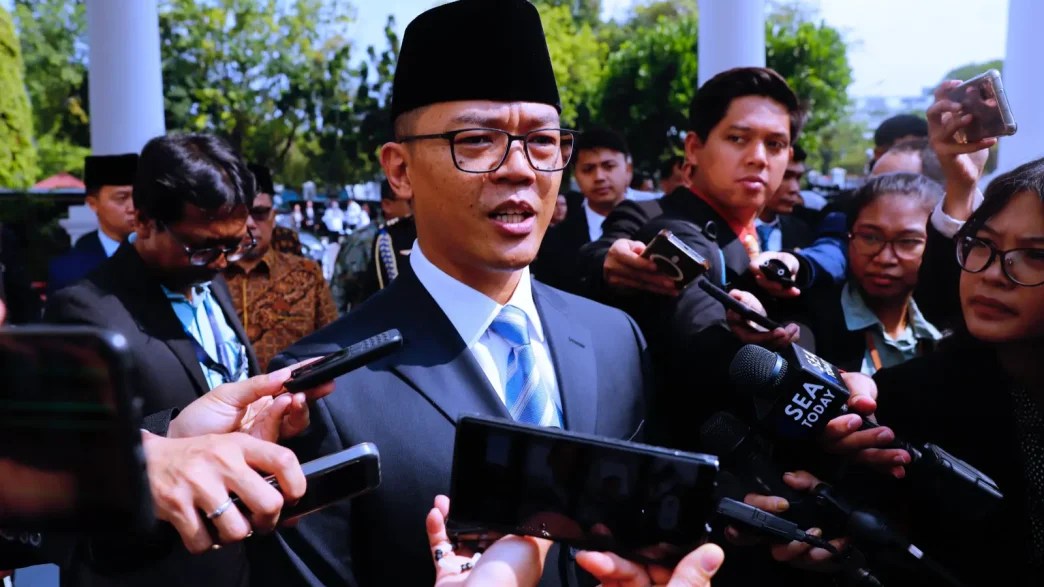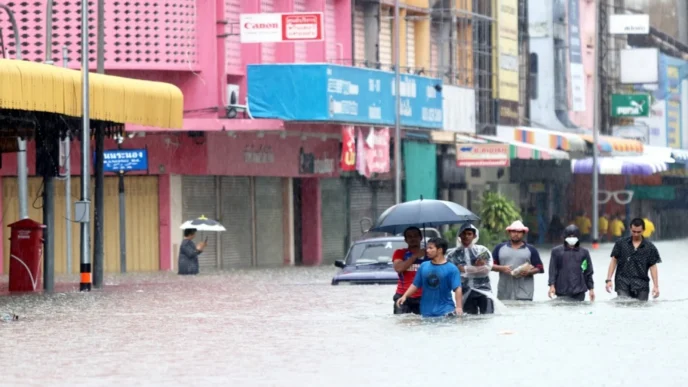Indonesia’s foreign minister Sugiono said Jakarta still does not recognise the Chinese claim and would make decisions in its national interests. (EPA Images pic)
JAKARTA: Indonesia has yet to decide on any joint development areas with China in the South China Sea, foreign minister Sugiono said on Monday, seeking to allay concerns that a recent agreement with Beijing could compromise its sovereignty.
Indonesia caused a stir last month when it issued a joint statement with China pledging to develop projects “in the overlapping waters claimed by the two countries”, in what was widely interpreted as rare recognition of China’s sweeping territorial claim in the South China Sea.
China stakes its claim to sovereignty over about 90% of the waterway via a U-shaped nine-dash line on its maps that includes parts of the exclusive economic zones (EEZ) of its neighbours, which have refused to recognise the claim.
An international tribunal in 2016 concluded the claim had no legal basis. China refuses to recognise that.
Sugiono reiterated to lawmakers that Jakarta still does not recognise the Chinese claim and would make decisions in its national interests.
He said no areas had yet been specified to work with China on jointly developing fishing or extracting other resources.
“It’s better to do beneficial partnerships without forgetting the main principles that exist, in that we still safeguard our sovereignty,” he said.
Many littoral states in the South China Sea have been reluctant to enter into joint agreements with China, particularly on energy, fearing those could be interpreted as legitimising Beijing’s claims, which stretch as far as 1,700km from its mainland.
Sugiono said Indonesia had expressed the joint development plans to leaders of its neighbouring countries “in a bid to reduce tension”.
Analysts have said Indonesia’s agreement with China could mark a reversal of its long-held stance as a non-claimant state in the South China Sea.
Yohanes Sulaiman, an international relations professor, said the deal was a “blunder” that could anger other Southeast Asian countries that had so far held the line against China on its claims.













